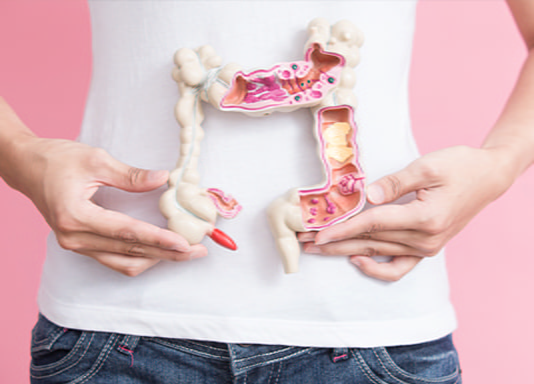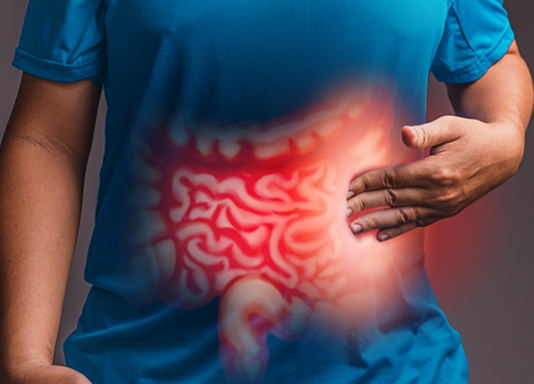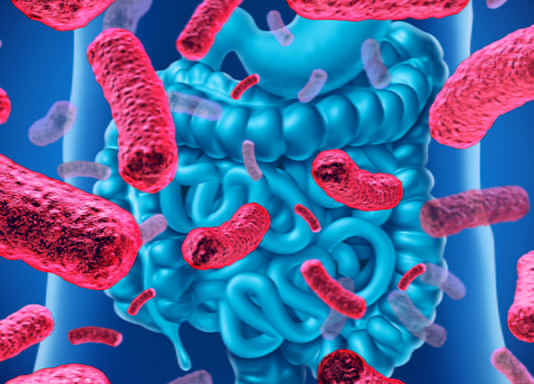
Dr. Sebastian Cuzincu
Gastroenterology and Internal Medicine





Experiencing frequent, watery stools or abdominal cramps? Diarrhea can result from infections, food intolerance, or digestive disorders, and if left untreated, it can lead to dehydration and other complications. At German Medical Center, we offer prompt, effective treatments to address the root cause and restore your digestive health. Don’t let diarrhea disrupt your day—get the professional care you need for a fast recovery and peace of mind.
By booking an appointment with German Medical Center.
Our team of experts are passionate about providing only the best quality care and treatment to their patients.

Gastroenterology and Internal Medicine
The symptoms of diarrhea can vary from person to person, but some common symptoms include:
If you are experiencing any of these symptoms, it is important to seek medical attention. While diarrhea is often a mild and self-limited condition, it can sometimes be a sign of a more serious underlying health problem.
There are many possible causes of diarrhea, including:
If you are experiencing diarrhea, it is important to identify the underlying cause in order to receive appropriate treatment. Your healthcare provider can help you determine the cause of your diarrhea and develop a treatment plan.
The treatment for diarrhea depends on the underlying cause and the severity of the symptoms. Some common treatment options include:
If your diarrhea is severe or persists for more than a few days, it is important to seek medical attention. Your healthcare provider can help determine the underlying cause of your diarrhea and develop an appropriate treatment plan. In some cases, hospitalization or intravenous fluids may be necessary to manage dehydration and other complications.
Gastrointestinal Stromal Tumor of Stomach (GIST) is a rare type of cancer that affects the digestive system, particularly the...
Crohn's disease is a chronic inflammatory bowel disease that can cause a wide range of symptoms that can vary in severity and...
Diverticulitis is caused by the formation of small, bulging pouches (diverticula) in the lining of the colon....
Appendicitis is a medical condition where the appendix, a small finger-shaped organ attached to the large intestine, becomes...
food poisoning can be a distressing condition that can leave you feeling miserable for days....
Cirrhosis is a chronic liver disease that occurs when healthy liver tissue is replaced by scar tissue, leading to decreased liver...
If you or a loved one has been diagnosed with achalasia, it's important to know that there are effective treatment options...
If you are experiencing constipation, it is important to seek medical treatment for constipation from a qualified healthcare...





Partner with:
Partner with:


German Medical Center is one of the leading medical institution in Dubai formed by a group of specialists who are passionate about providing the personalized care tailored to the patient's unique needs.
Fill out our easy online form to book an appointment with German Medical Center. Our team of experts is dedicated to providing you with personalized care and guidance every step of the way. Don't wait, take charge of your well-being and schedule your appointment now!